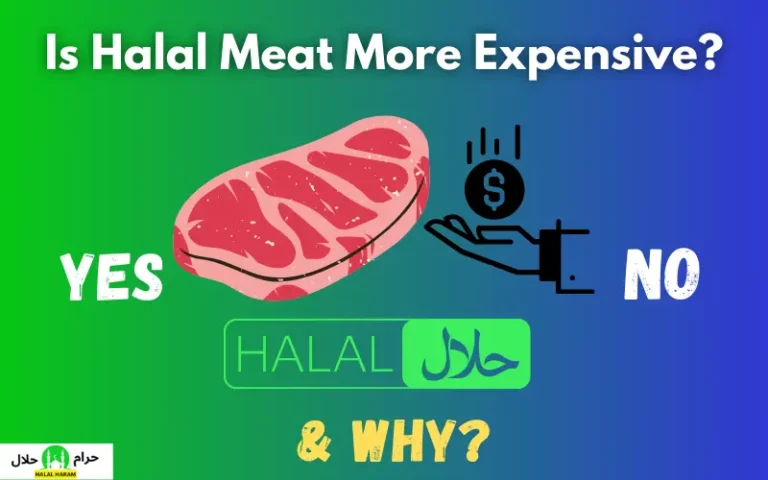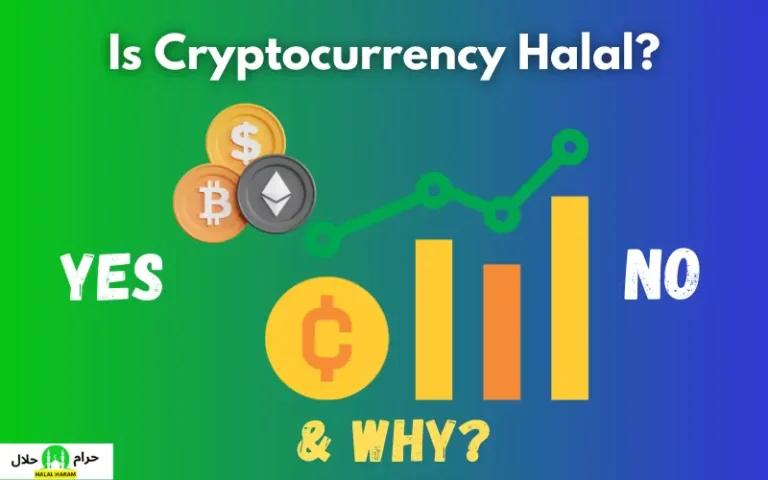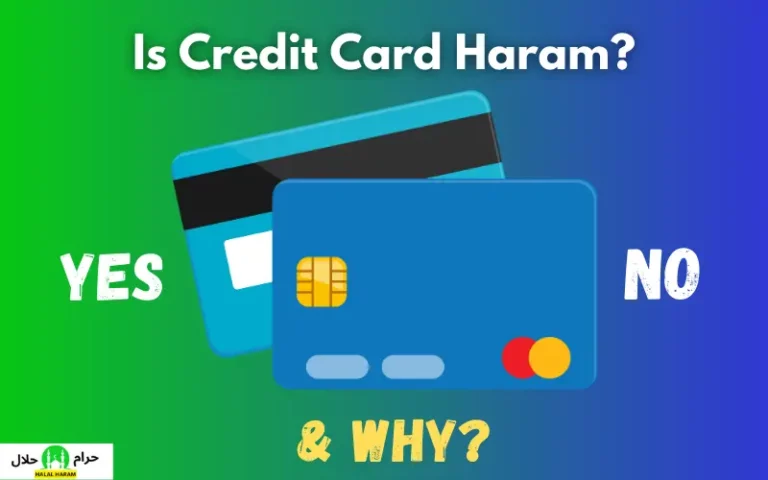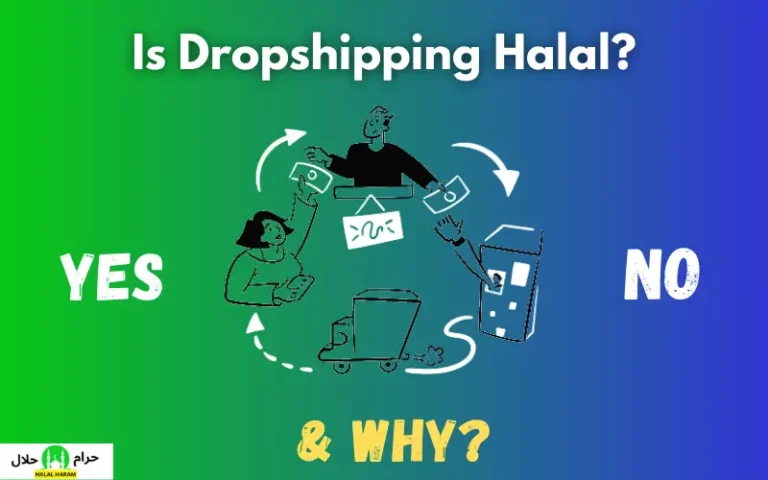Is Cashback Halal Or Haram In Islam?
Who does not love cashback? Getting money back every time you make a purchase is a great feeling.
But for those of us who follow the Islamic faith, there comes a question arises is cashback halal or haram in Islam?
Are you also confused about this topic? Well, let’s dive in and find out what Islam says about cashback and clean the doubt with proof.
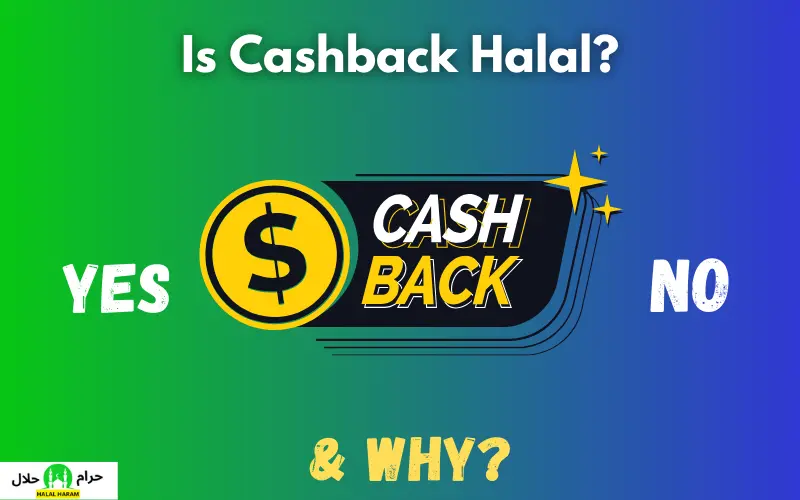
Is Cashback Halal?
Yes, the concept of cashback is considered halal in Islam. However, this is not a blanket statement and certain conditions need to be met in order for it to be permissible.
First, from where you get cashback matters. If the cashback is received from a bank or financial institution that deals with interest or riba, then it is not halal as interest is strictly prohibited in Islam.
Similarly, if the cashback is received from a company that deals with haram products or services, then it is also not considered halal. For example, if you receive cashback from a haram drink store or a haram gaming house, it would not be permissible in Islam.
Moreover, the source of the cashback should also be legitimate. If the cashback is received through fraudulent means or illegal activities, then it would also not be considered halal.
Secondly, the card or payment method used for the purchase should also be free from any haram element.
For example, using a credit card that charges interest would make the cashback earned from that purchase haram. Similarly, using a debit card linked to an interest-based bank account would also make the cashback haram.
Third, the source of the cashback should come from a halal transaction. This means that the product or service being purchased must be halal according to Islamic principles.
For example, if you are purchasing groceries or clothing, these items are considered halal and any cashback received from the purchase is also halal.
On the other hand, if you are purchasing haram drinks or products at a store that offers cashback, then the source of the cashback would be considered haram in Islam and therefore not permissible.
It is important to note that even if a small portion of the transaction involves a haram item, such as a haram drink in a restaurant bill, then the cashback received from that transaction would also be considered haram.
Therefore, it is crucial to ensure that all purchases made are from halal sources for any cashback received to be deemed halal in Islam.
You can also learn is halal meat more expensive.
Why Credit Card Cashback Is Not Halal?
Credit card cashback is a popular form of obtaining cashback but it is not halal. This is because credit cards charge interest, which is considered riba in Islam.
Riba is a major sin in Islam and it is strictly prohibited, as it goes against the principles of fairness and justice.
Therefore, using a credit card itself is haram and any cashback received from it would also be considered haram.
In addition, credit cards often come with hidden fees, which can make the transaction even more questionable in terms of its halal status.
In short, using a credit card itself is haram so any cashback received from it would also be considered haram in Islam.
Also learn is tiktok haram.
Is Debit Card Cashback Halal?
Mostly yes, debit card cashback is considered halal in Islam. This is because debit cards do not charge interest and are linked to your own money.
Therefore, using a debit card for purchases does not involve riba and the cashback received from it would also be deemed halal.
However, there are exceptions when it comes to using a debit card for cashback. If the bank account linked to the debit card is interest-based, then the cashback received would also be considered haram.
Additionally, if the purchase made using the debit card is from a haram source, as mentioned earlier, then the cashback received would also not be permissible in Islam.
Is Cashback Halal For Online Shopping?
It depends. Online shopping can involve a variety of payment methods, such as credit or debit cards, online wallets, and more.
As discussed previously, using a credit card for cashback would not be halal in Islam. However, if you are using an interest-free debit card or any other permissible form of payment for online purchases, then the cashback received from it would also be considered halal.
Moreover, the source of the cashback should also be from a halal transaction. If you are purchasing haram products or services online, then the cashback received would not be permissible in Islam.
So, ultimately, the halal status of cashback for online shopping depends on the payment method used and the purchase made.
How to Ensure Halal Cashback
In order to ensure that the cashback you receive is halal, there are a few steps you can take:
- Use an interest-free debit card or any other permissible form of payment for purchases.
- Purchase products or services from halal sources only.
- Avoid using credit cards as they often charge interest.
- Make sure the cashback received is not from a haram source or through fraudulent means.
Where Does Cashback Money Come From?
The source of cashback money can vary depending on the company or financial institution offering it. In most cases, it comes from a portion of the profit made by the company through sales.
For example, if you purchase groceries from a store that offers cashback, the store may use a portion of its profits to provide customers with cashback as an incentive to continue shopping there.
In other cases, cashback may come from partnerships or agreements between companies. However, regardless of the source, it is important to ensure that the transaction itself is halal for any cashback received to be considered halal as well.
If you watch TV, you must learn is watching tv haram.
FAQs
Q. Is cashback halal on debit cards?
A. Yes, as long as the debit card is linked to an interest-free bank account and the purchase made using it is from a halal source.
Q. Is credit card cashback halal?
A. No, credit cards charge interest which is prohibited in Islam so any cashback received from it would be considered haram.
Q. Is cashback halal hanafi?
A. The concept of cashback is not specific to a particular school of thought in Islam, so the same principles apply regardless of the school of thought. As long as the conditions mentioned above are met, the cashback would be considered halal for all Muslims.
Conclusion
In conclusion, cashback can be halal or haram in Islam depending on the payment method used and the source of the cashback.
It is important to ensure that all transactions are made from halal sources in order for any cashback received to be deemed halal.
Additionally, it is essential to avoid using credit cards as they charge interest, which is prohibited in Islam.
By following these guidelines and being mindful of our financial choices, we can ensure that any cashback received is in line with our beliefs and values as Muslims.
I hope your query is cashback halal or haram in Islam has been answered and that this blog post serves as a helpful guide for making informed financial decisions.
Feel free to share your thoughts and any additional information in the comments section below.

